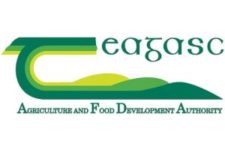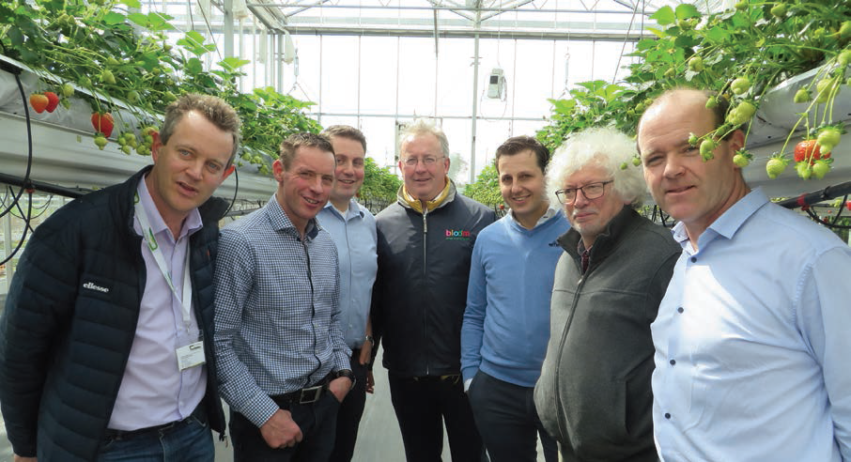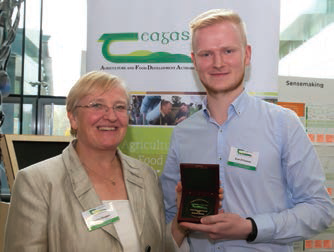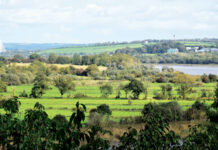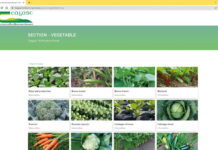LABOUR SHORTAGES IN HORTICULTUREFollowing an initial survey in January 2018 on labour shortages in horticulture, Teagasc Horticulture Development Department commissioned a detailed report on the horticultural labour market during the summer. The focus of this survey was to surface facts about labour shortages in the various sub-sectors of horticulture production. Growers reported a significant tightening of the labour market over the past 18 months. The survey was conducted before the announcement of the DBEI pilot work permit scheme in May, which provides for 500 horticulture work permits. It appears applications for the scheme were low due to severe weather conditions and that the scheme had come when growers were already into their busy season (scheme announced on May 14). Following the main production season, interest in the scheme is growing and horticultural producers are currently applying to the scheme for current requirements and for arrangements for the 2019 season. The main findings of the survey are: ● There is a 14% vacancy rate across the horticulture industry The HIF (horticulture Industry forum) is in the process of making recommendations and proposals on the survey findings. ✽ |
DAFM SCHEME OF INVESTMENT AID FOR COMMERCIAL HORTICULTURE SECTOR 2019As part of the recent October budget, a provision was made for a horticultural grants scheme for 2019. This scheme is a significant support to growers and producers who are planning capital investments. There is a very much welcomed additional €1m in funding for the horticulture National Development Plan scheme in 2019, bringing the total provision for a sector particularly challenged by Brexit to €6 million. At the time of writing, communication from DAFM is that the scheme will be launched shortly, with a probable closing date in mid-December 2018. Approved investments should be completed no later than 29 September 2019 for larger capital investments that need to be staggered over a longer period. You are advised to avail of the additional year of approval period, which permits an extended period to carry out works up to September 2020. This option should be applied for at the time of application. It is likely that the overall aims of the scheme will not differ from last year, but you should read the terms and conditions and application form when released to ensure your proposed investment fits the scheme. Please contact your Teagasc adviser for assistance in completing the application process. Some key points: ● Remember, planning permission is now a requirement for all building projects. Previously it was enough to have applied for permission. Now a grant of permission is a condition of approval so this should be in place at the time of application, as was the case last year. |
SSRH SUPPORT SCHEME FOR RENEWABLE HEAT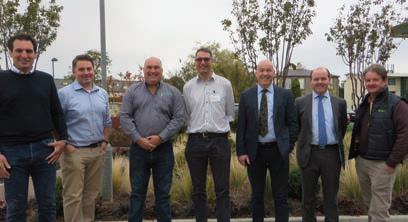  The Support Scheme for Renewable Heat is a government-funded initiative designed to increase the energy generated from renewable sources in the heat sector. The scheme is open to commercial, industrial, agricultural, district heating, public sector and other non-domestic heat users. Teagasc horticulture development department in association with Farm Energy Centre (FEC) in the UK, Ebtech and WoodCO recently held a seminar ‘Transforming your business with renewable heat’ at Teagasc Ashtown. This one-day event set about demonstrating how biomass can benefit the horticultural industry and provide delegates with knowledge and experience gained by working within the RHI scheme of England, Scotland and Wales. The event was aimed at the horticulture industry and included a visit to a local grower, Kilmoon nurseries who by kind permission gave us a practical insight into biomass use during a site visit. While the scheme has not opened yet for biomass applications, it is expected to do so before the end of the year. The scheme will provide ongoing operational support on a tiered basis to adopters of the renewable heat source. Seminar proceedings are available at: www.teagasc.ie/publications. ✽ |



